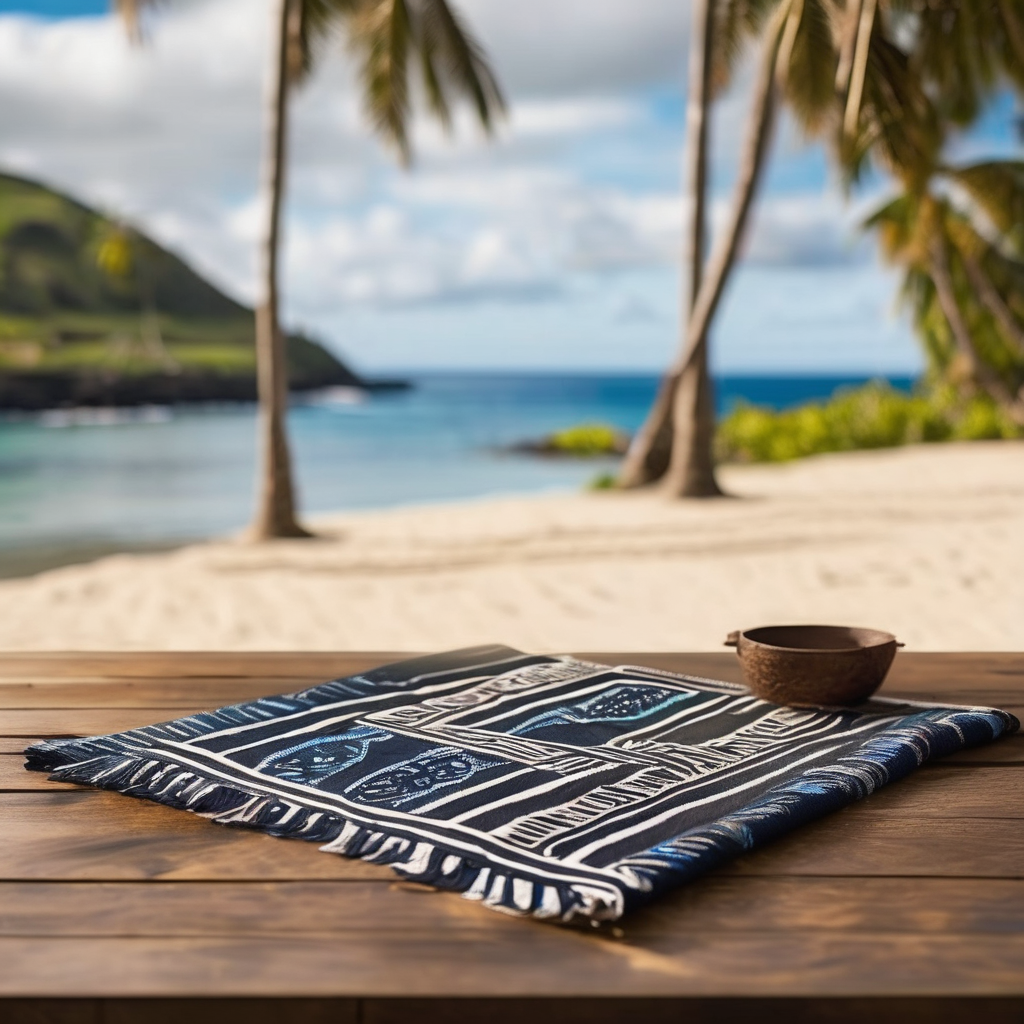About 60 women from Tikina Sawau in Beqa are currently engaged in an empowering two-week program organized by the Fiji Women’s Crisis Centre (FWCC), aimed at equipping them with the tools to combat gender-based violence through knowledge, confidence, and community action rather than physical force. This initiative is part of the FWCC’s annual 16 Days of Activism Against Violence Against Women and Girls campaign, which has launched this year on Beqa Island under the theme “Ending Impunity.”
The intensive training emphasizes gender equality, women’s rights, legal literacy, and technology-facilitated violence. This effort seeks to cultivate a strong network of trained advocates capable of spearheading community initiatives that effectively respond to gender-based violence. Shamima Ali, FWCC Coordinator, highlighted that this training is a continuation of a long-term collaboration with the Rewa Provincial Office, emphasizing that gender equality is a vital component of local development agendas.
“It’s encouraging to see provinces like Rewa recognizing that women’s empowerment and social progress go hand in hand. This shows real vision — that ending violence against women is part of building stronger, fairer communities,” Ali remarked.
In 2023, the FWCC has hosted six community training sessions across Rewa, targeting both men and women to promote understanding of human rights and legal frameworks. Over 100 men have graduated from the Male Advocacy for Women’s Human Rights program, which urges men to reflect on their behaviors and to influence their peers toward equality and respect.
Ali added that these initiatives align seamlessly with Fiji’s National Action Plan to Prevent Violence Against Women and Girls (2023) and highlight the long-standing support the program has received from Australia and New Zealand, who have funded outreach efforts for over three decades. With these ongoing advocacy efforts, there is a positive outlook for the future as more individuals are becoming engaged in the fight against gender-based violence, paving the way for healthier and more equitable communities in the region.
